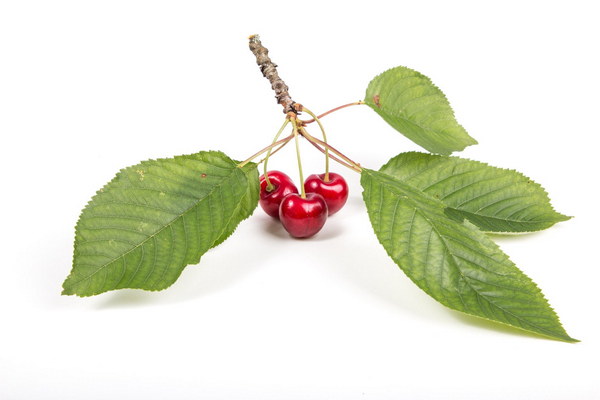Unlock the Fountain of Youth A Comprehensive Review of Anti-Aging Vitamins
Introduction:
In the quest for eternal youth, many turn to anti-aging vitamins as a magic bullet to combat the signs of aging. But with countless options available on the market, how do you know which ones are truly effective? This comprehensive review delves into the world of anti-aging vitamins, examining their benefits, potential side effects, and the science behind their claims.
1. Importance of Anti-Aging Vitamins:

As we age, our bodies undergo numerous changes, including a decline in the production of certain vitamins and antioxidants. These deficiencies can lead to accelerated aging and the development of age-related diseases. By supplementing with anti-aging vitamins, we can help maintain youthful vitality and promote overall health.
2. Key Anti-Aging Vitamins:
a) Vitamin C:
Vitamin C is a powerful antioxidant that protects the skin from free radicals, which can cause premature aging. It also plays a crucial role in collagen synthesis, which is essential for maintaining skin elasticity and reducing wrinkles.
b) Vitamin E:
Vitamin E is another potent antioxidant that protects the skin from environmental damage and promotes cell repair. It also helps in reducing inflammation and improving skin texture.
c) Vitamin D:
Vitamin D is often referred to as the sunshine vitamin due to its ability to be synthesized in the skin when exposed to sunlight. It plays a vital role in bone health and has been shown to reduce the risk of several age-related diseases, including cardiovascular diseases and certain cancers.
d) Vitamin K:
Vitamin K is essential for maintaining healthy bones and preventing osteoporosis. It also plays a crucial role in blood clotting and wound healing, making it beneficial for the skin's overall health.
e) Coenzyme Q10 (CoQ10):
CoQ10 is a powerful antioxidant that is naturally produced in the body. It plays a vital role in energy production and has been shown to improve skin elasticity and reduce the appearance of wrinkles.
f) Resveratrol:
Resveratrol is a compound found in red wine and certain plants. It has been shown to have anti-inflammatory and antioxidant properties, which can help in reducing the signs of aging.
3. Potential Side Effects:
While anti-aging vitamins are generally safe for most individuals, it is important to be aware of potential side effects. These may include gastrointestinal issues, allergic reactions, and interactions with certain medications. It is always recommended to consult with a healthcare professional before starting any new supplement.
4. Choosing the Right Anti-Aging Vitamin:
When selecting an anti-aging vitamin, consider the following factors:
a) Quality and Purity: Look for supplements that have been tested for quality and purity by third-party organizations.
b) Dosage: Ensure that the dosage of the vitamin meets your specific needs and is within the recommended daily allowance.
c) Formulation: Choose a supplement that contains a combination of anti-aging vitamins and other beneficial ingredients, such as antioxidants and amino acids.
5. Conclusion:
Incorporating anti-aging vitamins into your daily regimen can be a valuable addition to your anti-aging routine. By understanding the benefits and potential side effects of these vitamins, you can make informed decisions to support your overall health and well-being. Remember to consult with a healthcare professional before starting any new supplement and to maintain a balanced lifestyle, including a healthy diet and regular exercise, for optimal results.









